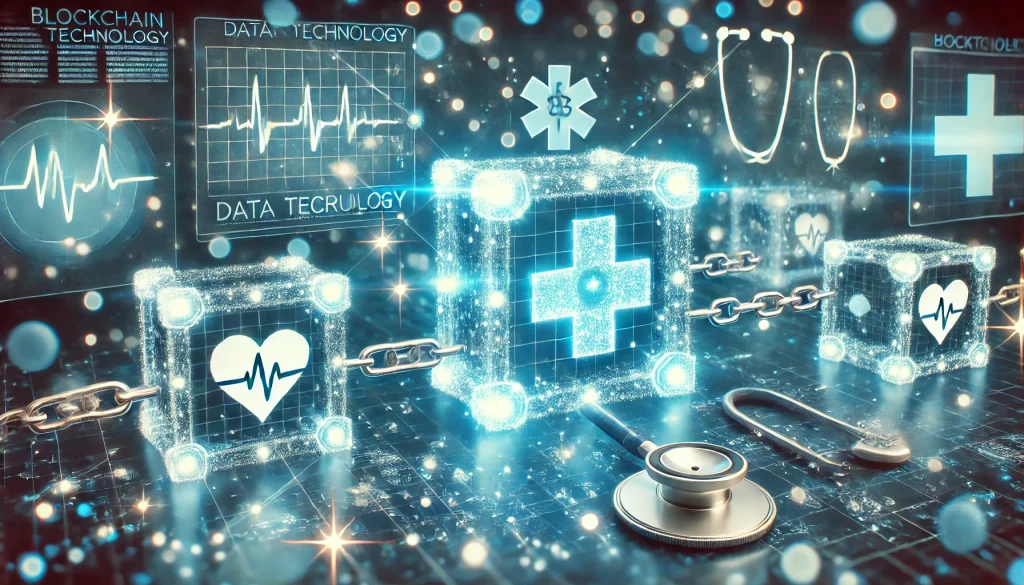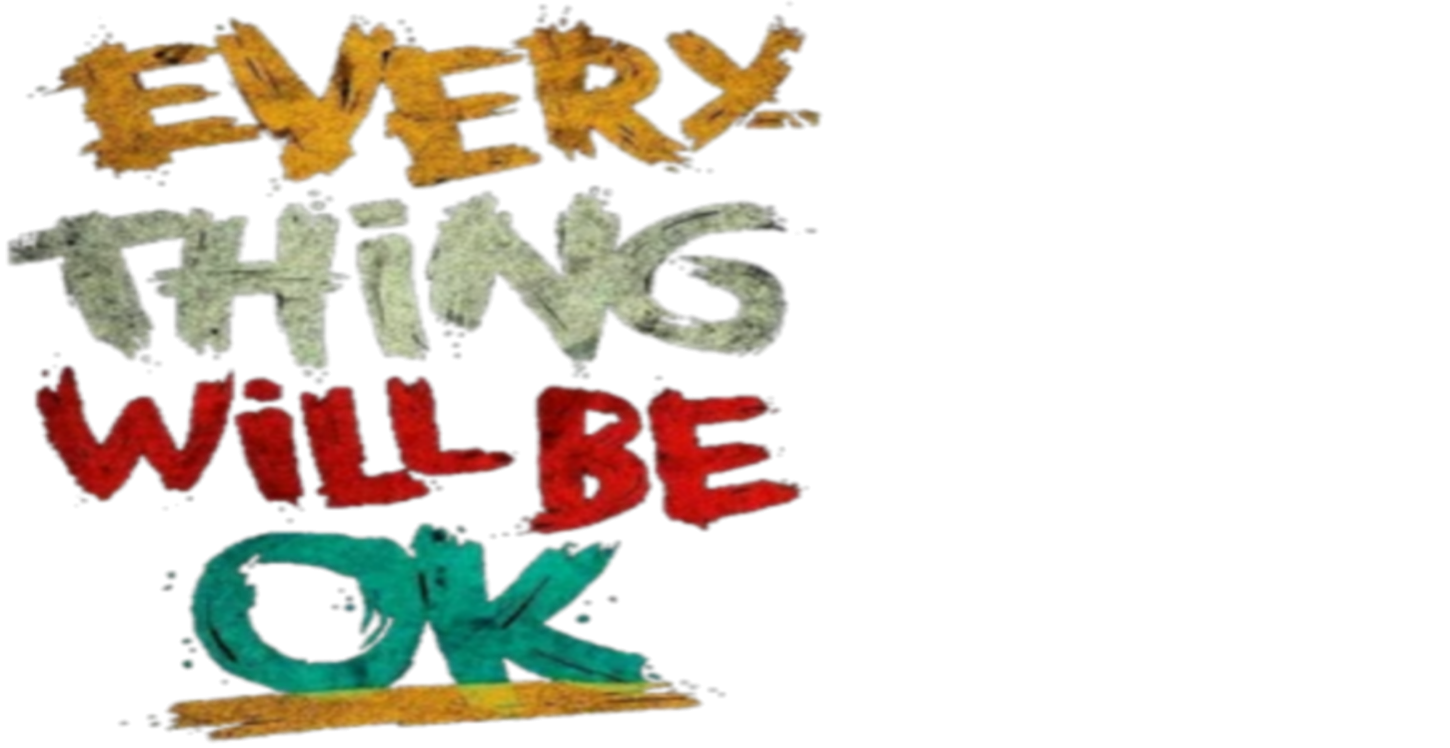Blockchain Applications in Healthcare 2025 is changing the way healthcare works. It makes medical data safe, helps patients control their records, and reduces fraud. Many hospitals and healthcare companies now use blockchain to improve their services. Let’s explore how blockchain helps in healthcare, its benefits, costs, and advice for using it wisely. this can only be blockchain technolgy.
What is Blockchain Applications in Healthcare?
Blockchain is a digital system that stores information safely. It is like a chain of blocks where each block contains data. Once the data is recorded, it cannot be changed. This makes blockchain very secure and trustworthy.
How is Blockchain Used in Healthcare?
Blockchain has many applications in healthcare. It helps hospitals, doctors, and patients manage data more securely and easily. Below are some of the key uses:
1. Keeping Patient Records Safe
Hospitals store patient records digitally, but they can be hacked. Blockchain makes records more secure because data is stored in a decentralized system. Only authorized people can access the data.
2. Faster Insurance Claims
Many people struggle with slow and complicated insurance claims. Blockchain speeds up this process by making all data verifiable and transparent. It reduces fraud and ensures faster approvals.
3. Tracking Medicines
Fake medicines are a big problem worldwide. Blockchain helps track drugs from the manufacturer to the patient. This ensures that people get genuine medicines.
4. Smart Contracts in Healthcare
Smart contracts are agreements written in computer code. They automatically complete transactions when conditions are met. This helps doctors and patients complete payments quickly and without middlemen.
5. Secure Telemedicine Services
Many people now see doctors online. Blockchain secures telemedicine services by ensuring that all video calls and medical records remain private and safe.
6. Medical Research and Data Sharing
Blockchain allows researchers to share medical data securely. This helps in faster drug discovery and treatment improvements while ensuring patient privacy.
7. Managing Healthcare Supply Chains
Blockchain helps track medical equipment and supplies. Hospitals can verify the origin and authenticity of products, reducing the chances of fake items entering the system.
8. Personalized Medicine and Genomics
Blockchain can help store and manage genomic data securely. Personalized medicine, which tailors treatments based on a person’s genetic makeup, relies on secure and private data storage. Blockchain ensures that genetic data is only shared with authorized researchers and doctors.
9. Interoperability Between Healthcare Providers
Different hospitals and clinics use different record-keeping systems, making data sharing difficult. Blockchain enables seamless data sharing between authorized healthcare providers, improving patient care and reducing duplicate tests.
10. AI and Blockchain in Healthcare
Artificial intelligence (AI) and blockchain together can enhance healthcare services. AI can analyze large amounts of medical data stored securely on a blockchain to predict diseases, recommend treatments, and personalize patient care.
Benefits of Blockchain in Healthcare

Blockchain provides many benefits to hospitals, patients, and insurance companies.
1. Better Data Security
Medical data is valuable, and hackers try to steal it. Blockchain makes patient information safe from cyberattacks.
2. More Control for Patients
Patients can manage their own health records. They decide who can see their data, and they can access it anytime.
3. Less Medical Fraud
Fake insurance claims and fraudulent medical bills cost billions of dollars. Blockchain helps verify every transaction, reducing fraud.
4. Faster Payments
Blockchain allows instant payments. Hospitals and doctors get paid quickly, and patients do not have to wait for insurance approvals.
5. Improved Drug Supply Chain
Hospitals can track medicines in real time, ensuring that patients get only real, approved drugs.
6. Easier Compliance with Regulations
Blockchain records cannot be altered, making it easier for hospitals and insurance companies to comply with government regulations and audits.
7. Reduced Administrative Costs
Healthcare providers spend a lot of money on paperwork and data management. Blockchain automates these processes, saving time and reducing costs.
8. Improved Data Accuracy
Since blockchain prevents unauthorized changes, medical records remain accurate, reducing errors in diagnosis and treatment.
Costs of Blockchain Application in Healthcare
Using blockchain in healthcare comes with some costs. Below are some of the main costs involved:
- Initial Setup Costs: Setting up a blockchain system can cost between $50,000 to $500,000, depending on the size of the hospital or company.
- Maintenance Costs: Maintaining blockchain networks costs around $10,000 to $100,000 per year.
- Transaction Fees: Each blockchain transaction costs $0.01 to $5, depending on the network used.
- Training Costs: Hospitals must train staff to use blockchain, costing $5,000 to $50,000 per year.
Advice for Using Blockchain in Healthcare
If hospitals or medical companies want to use blockchain, they should follow these steps:
1. Start with a Small Project
Instead of changing everything at once, hospitals should test blockchain with small projects like securing patient records.
2. Choose the Right Blockchain Platform
Different blockchains offer different features. Some popular ones for healthcare are Ethereum, Hyperledger, and IBM Blockchain.
3. Follow Healthcare Laws
Blockchain must follow healthcare laws like HIPAA (Health Insurance Portability and Accountability Act) to protect patient data.
4. Train Healthcare Staff
Doctors, nurses, and hospital staff should be trained to use blockchain safely and correctly.
5. Work with Experts
Hiring blockchain experts can help set up a secure and efficient system.
6. Partner with Other Healthcare Organizations
Hospitals and clinics should work together to build shared blockchain networks. This will help create a universal and efficient healthcare system.
7. Regularly Update Security Measures
Technology keeps changing, so hospitals should keep their blockchain systems updated to protect against new threats.
Conclusion
Blockchain is making healthcare safer, faster, and more transparent. It protects patient records, speeds up insurance claims, and reduces medical fraud. With applications in personalized medicine, AI integration, and seamless data sharing, blockchain is revolutionizing healthcare. While there are costs involved, the benefits outweigh them in the long run. Hospitals and healthcare companies that invest in blockchain today will have a better, more secure future.
For more detailed reading on blockchain in healthcare, check out these resources:
- How Blockchain is Changing Healthcare
- Top Benefits of Blockchain in Medicine
- Best Blockchain Platforms for Healthcare

